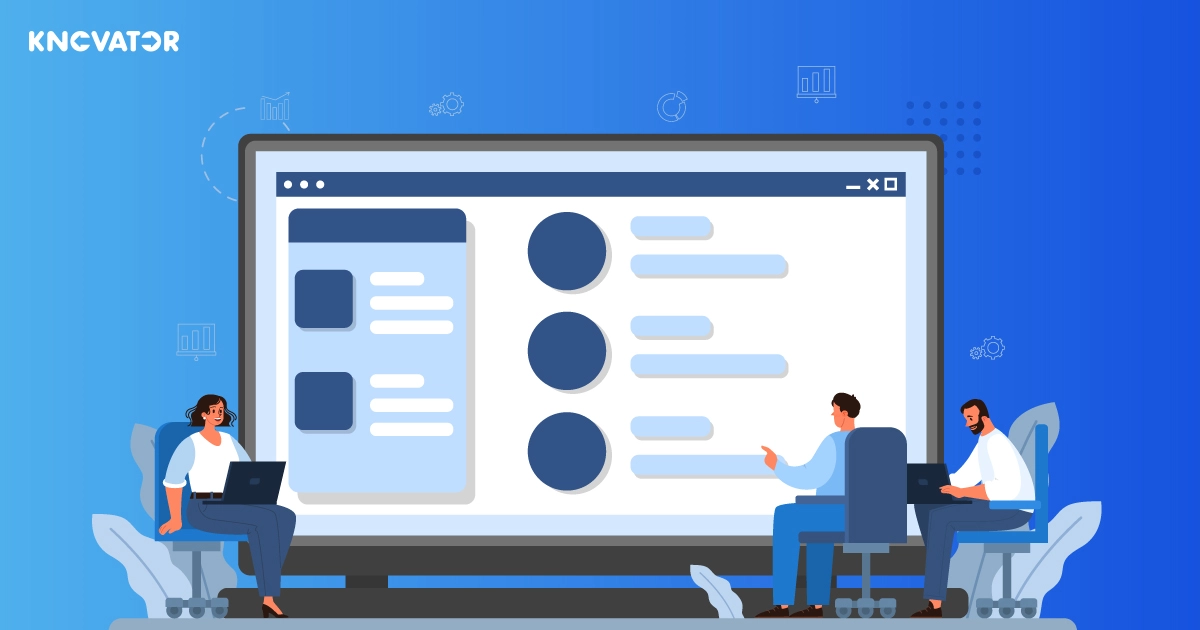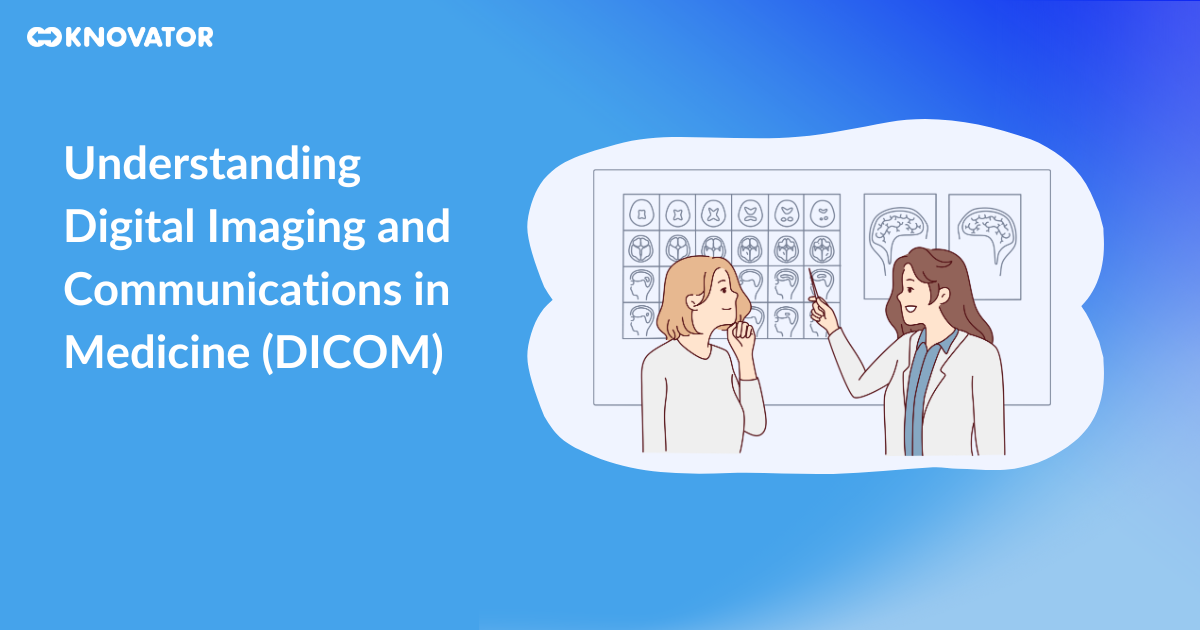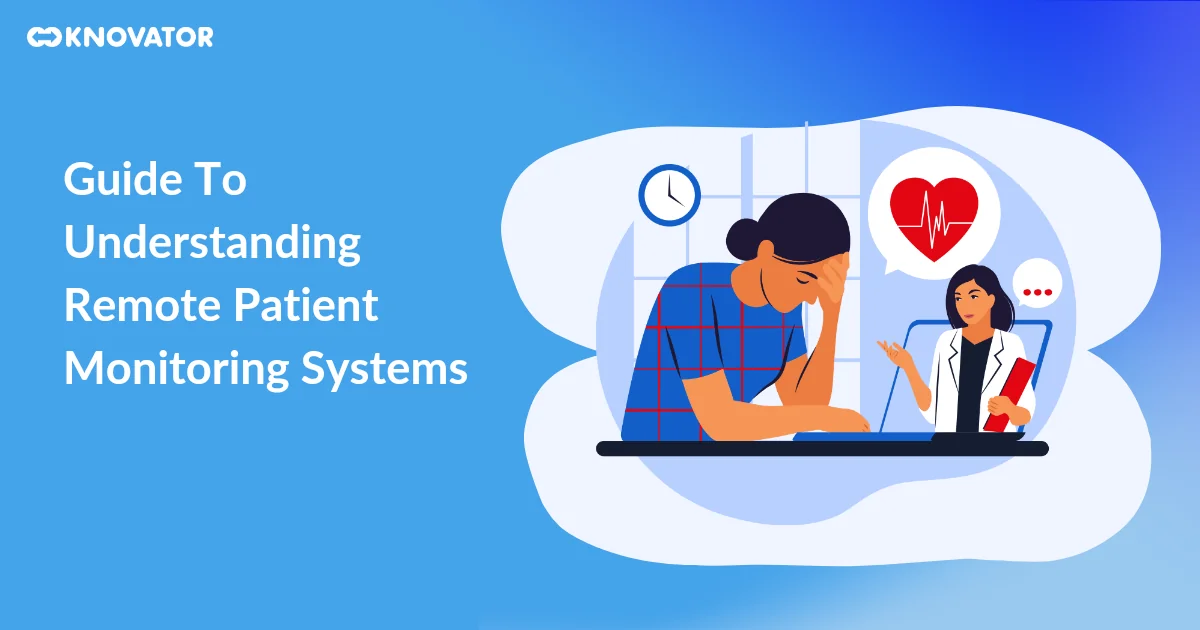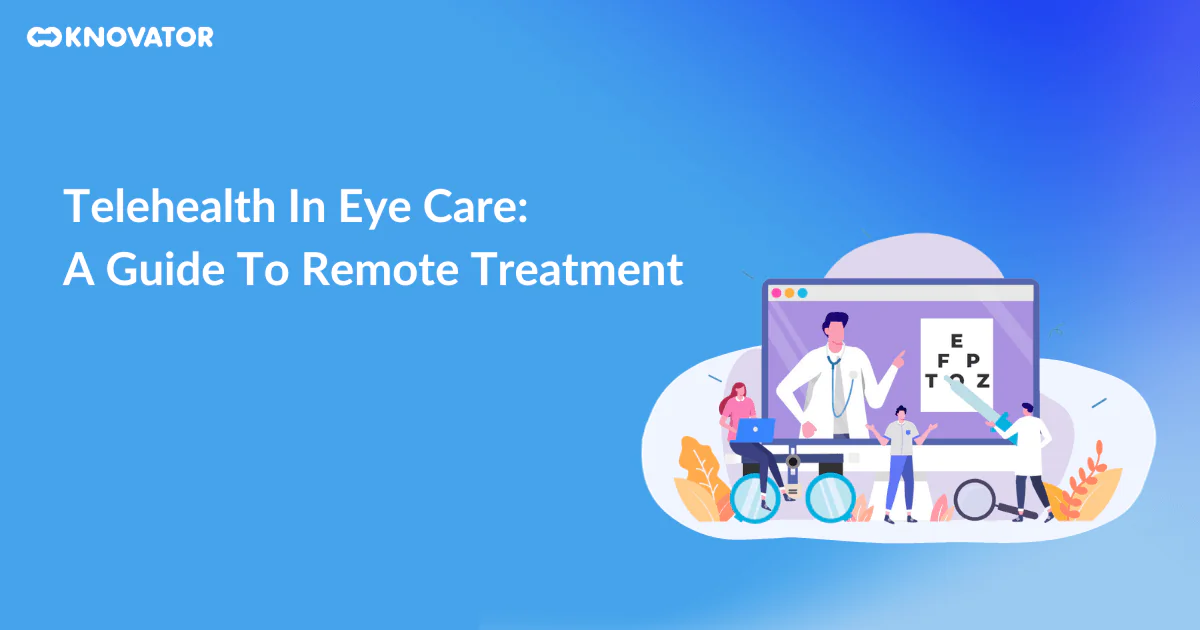Healthcare Compliance (HC), or Health Insurance Compliance (HIC) as it is sometimes abbreviated, is a group of government regulations that control what kind of healthcare providers can be contracted by your insurance company, what treatments and procedures they are allowed to cover, what kind of paperwork they need to submit to your insurance company, and much more. As a healthcare provider, whether you are a physician, academician, Ph.D. scientist, or another healthcare professional, you will most likely need to adhere to these regulations (sometimes called “standards”) to get your practice or program approved by your insurance company and remain in good standing with the Medical Association.
This article will discuss the importance of healthcare compliance software tools available to help providers manage the complexity of healthcare compliance and some of the benefits of using these software solutions.
Why Are Healthcare Compliance Software Controls Needed?
 The cost of healthcare is constantly rising, and as a result, more and more businesses, including healthcare providers, are seeking ways to control these costs. One way is through healthcare compliance software. Healthcare Compliance controls are vital because they allow insurance companies to efficiently manage their finite healthcare resources, prevent fraud, and minimize the chances of errors and claim denial due to oversight.
The cost of healthcare is constantly rising, and as a result, more and more businesses, including healthcare providers, are seeking ways to control these costs. One way is through healthcare compliance software. Healthcare Compliance controls are vital because they allow insurance companies to efficiently manage their finite healthcare resources, prevent fraud, and minimize the chances of errors and claim denial due to oversight.
The Center for Medicare and Medicaid Services (CMS) states that healthcare fraud costs nearly $30 billion in 2016 alone. Without proper controls, healthcare fraudsters would have no trouble scamming the system and getting away with it. It is important to note that healthcare fraud is a federal offense and can carry heavy penalties, including hefty fines and imprisonment.
Healthcare compliance efforts have led to significant savings for insurance providers and increased customer trust. A study from Nucleus Software, a provider of healthcare compliance software, found that healthcare providers that adopted electronic healthcare compliance solutions reported a 71% improvement in efficiency and a 44% drop in errors.
Healthcare compliance can also be complicated, time-consuming, and frustrating for providers. Physicians have to juggle various tasks, including obtaining patients’ permission to review their medical records, ensuring that all necessary documents are submitted on time, and following up with patients after the review.
What Do Healthcare Compliance Management Software Solutions Offer?
 Electronic healthcare solutions offer a host of benefits to healthcare providers. They are user-friendly, provide visibility into the data, and can automate many processes that would otherwise be manual. Furthermore, digital healthcare solutions make it easy to track the status of an individual case, which may lead to more efficient follow-up and review of cases.
Electronic healthcare solutions offer a host of benefits to healthcare providers. They are user-friendly, provide visibility into the data, and can automate many processes that would otherwise be manual. Furthermore, digital healthcare solutions make it easy to track the status of an individual case, which may lead to more efficient follow-up and review of cases.
Nucleus Software provides a solution that allows healthcare providers to access and review patients’ medical records while maintaining HIPAA compliance. This is a valuable function for physicians, who may be required by law to maintain patient confidentiality but need to verify the contents of a patient’s medical record for audit or legal purposes.
Nucleus Software’s EHR Access Review ensures that privacy requirements are met while providing the necessary evidence that audits and compliance officers can use to verify the accuracy of a patient’s medical record. Nucleus Software’s EHR access review capability allows auditors to quickly check the consistency of the information across all systems, including the EHR and all other methods, such as billing, pharmacy, or diagnostic tests.
Nucleus Software’s HIPAA EHR Compliance Suite, in particular, allows healthcare providers to take advantage of an EHR’s benefits while meeting HIPAA requirements.
The Different Types of Healthcare Compliance Software Controls
 There are four main components that makeup healthcare compliance software controls:
There are four main components that makeup healthcare compliance software controls:
- Clinical Decision Support (CDS)
- Electronic Health Records (EHR)
- Pharmacy Management
- Hospital and Facilities Reporting (HISR)
Clinical decision support (CDS) helps automate the selection of patients for treatment, monitor patients’ progress, and ensure that the proper treatment is chosen based on an individual’s medical history. For example, CDS may help a physician choose the right medicine dosage for a specific patient or determine the optimal treatment for a disease. When appropriately implemented, CDS can significantly improve healthcare delivery and patient outcomes while reducing the strain on overworked physicians and nurses.
The Electronic Health Record (EHR) enables healthcare providers to maintain patient information efficiently and to share that information with other healthcare professionals that need to work together to provide the best care for a particular patient. As mentioned by the NIH, “A correctly functioning EHR should support each stage of patient care from prevention through treatment and follow-up (NIH).” In other words, an EHR should be able to track each patient’s clinical decision-making throughout their care cycle, from pre-admission through post-treatment follow-up. Furthermore, EHRs should be able to document all patient care delivery activities and coordinate care between different healthcare professionals, including visiting physicians, dentists, etc.
The third component of healthcare compliance controls is pharmacy management. Pharmacy Management involves the management of medications and prescriptions, which is a vital function for healthcare providers. When implemented effectively, pharmacy management can help minimize the risk of medication errors, maximize medication availability, and control costs. Medication inappropriate for one patient may benefit another, which is why pharmacy management is so important.
How do organizations monitor healthcare compliance software?
 Healthcare compliance is not the sole responsibility of one person or even one department. People, procedures, and technology are the three essential components that every compliance program must have.
Healthcare compliance is not the sole responsibility of one person or even one department. People, procedures, and technology are the three essential components that every compliance program must have.
People
Organizations require a multidisciplinary compliance committee to guarantee healthcare compliance. This committee often has representation from the executive suite, revenue cycle management, case management, and health information management. It meets at least quarterly. According to the HHS Office of Inspector General’s recommendation, clinical specialists should be included in these panels to bring insight from the front lines.
Processes
Written rules and procedures that hold workers accountable are necessary for healthcare compliance. The secret to reliability? The policies, procedures, and timetables are specified in a compliance handbook or other official documents. In addition to policy, ongoing risk analysis and audits are necessary for healthcare compliance. The viability of corrective measures and education resulting from prior audits are ensured, together with the identification of new areas at risk for rejection, through internal audits. In other words, have people improved as a result of their mistakes?
A third-party auditor’s external audits are also included. An external auditor, for instance, might examine a sample of claims to find high-risk regions, process inefficiencies, and growth opportunities. To get a fair performance rating, this outside examination is essential. Healthcare companies must communicate audit results to clinicians and other staff members to decrease compliance risk effectively. People can’t solve their problems if they don’t know what they’re doing incorrectly, which keeps the circle of compliance risk going.
Technology
Finally, technology is essential for healthcare businesses to improve risk detection and mitigation. Healthcare compliance is challenging and regularly changes when laws and guidelines are amended. Thanks to compliance solutions, healthcare providers may respond to these changes more quickly and without adding to the workload for doctors and employees.
Conclusion
Healthcare compliance is a challenging goal that is constantly changing. Hospitals and health systems position themselves to effectively manage present and future difficulties by integrating people, processes, and healthcare compliance software. If you’re looking for healthcare compliance software, Knovator is the place for you. Our top-notch compliance software will aid your medical practice by automating many of the technical components of your work, relieving some of the pressure.







